David Salisbury
-
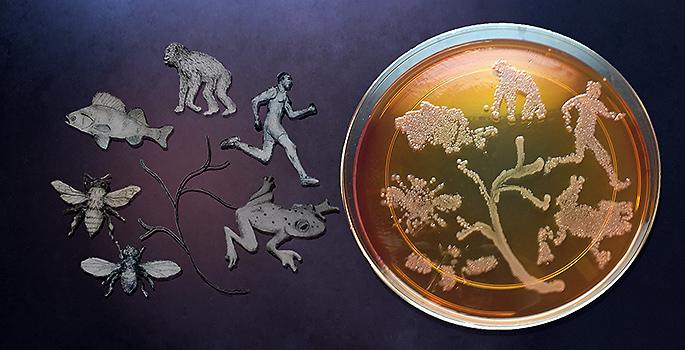
Microbes can influence evolution of their hosts
A new study provides the first direct evidence that microbes can contribute to the origin of new species by reducing the viability of hybrids produced between males and females of different species. Read MoreJul 18, 2013
-
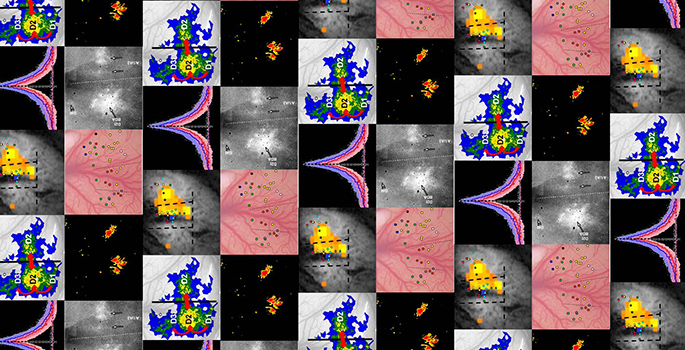
Validating maps of the brain’s resting state
A team of Vanderbilt researchers has provided important validation of maps of the brain at rest that may offer insights into changes in the brain that occur in neurological and psychiatric diseases. Read MoreJun 19, 2013
-

New, simple theory may explain mysterious dark matter
The reason dark matter, which makes up 85 percent of all the matter in the universe, is invisible could be because it possesses a rare, donut-shaped type of electromagnetism instead of the more exotic forces that have been proposed, according to an analysis of a pair of Vanderbilt theoretical physicists. Read MoreJun 10, 2013
-

Little telescope discovers metal-poor cousin of famous planet
A scientific team led by University of Louisville doctoral student Karen Collins has discovered a hot Saturn-like planet in another solar system 700 light years away. The discovery was made using inexpensive ground-based telescopes, including one specially designed to detect exoplanets and jointly operated by astronomers at Ohio State University and Vanderbilt University. Read MoreJun 5, 2013
-
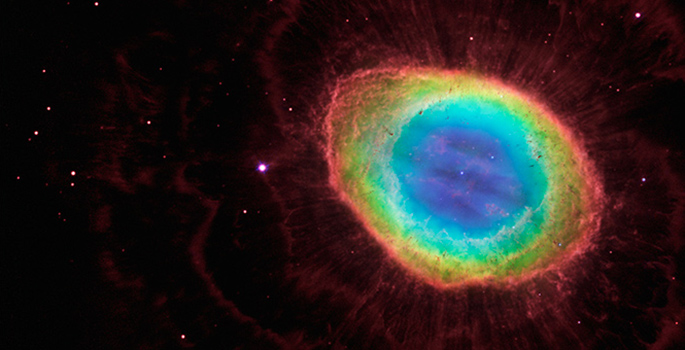
Astronomers determine the classic Ring Nebula’s true shape
A team of researchers, headed by Vanderbilt astronomer C. Robert O’Dell, has combined images from NASA’s Hubble Space Telescope with images from ground-based telescopes to reconstruct the three-dimensional shape of the iconic nebula with unprecedented precision. In the process, they determined that it is considerably different than previously thought. Read MoreMay 24, 2013
-

World’s smallest droplets
Scientists at the Large Hadron Collider, the world's most powerful particle accelerator, may have created the smallest drops of liquid made in the lab. Read MoreMay 16, 2013
-

Untangling the tree of life
Vanderbilt phylogeneticists examined the reasons why large-scale tree-of-life studies are producing contradictory results and have proposed a suite of novel techniques to resolve the contradictions. Read MoreMay 15, 2013
-

Weiss participates in NSF advocacy day
As part of Vanderbilt’s ongoing federal advocacy efforts in support of federal funding for research and education at the National Science Foundation, Sharon Weiss, associate professor of electrical engineering and physics, traveled to Washington, D.C., for the Coalition for National Science Funding’s (CNSF) advocacy day and Capitol Hill reception on May 7. Read MoreMay 10, 2013
-
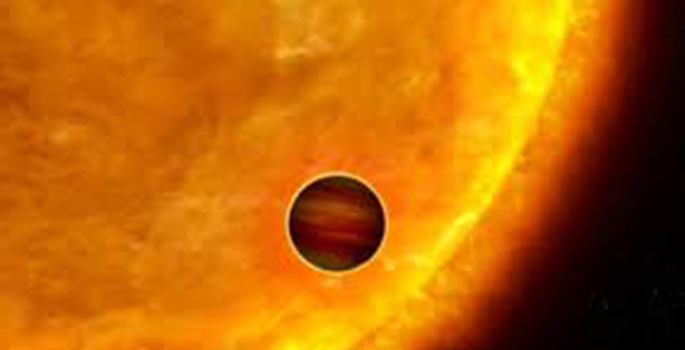
Vanderbilt’s role in new planet-finding space mission
A team of Vanderbilt astronomers will play a key role in the planet-seeking space telescope that NASA has just approved and scheduled for launch in 2017. Read MoreMay 1, 2013
-
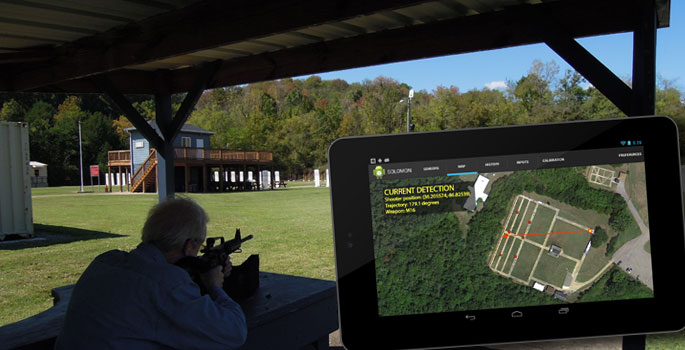
Tracking gunfire with a smartphone
A team of computer engineers from Vanderbilt University’s Institute of Software Integrated Systems has developed an inexpensive hardware module and related software that can transform an Android smartphone into a simple shooter location system. Read MoreApr 25, 2013
-
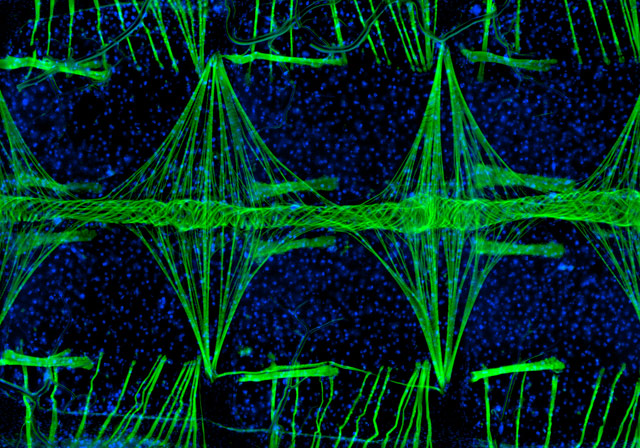
Setting mosquito hearts racing
Vanderbilt researchers have figured out how to set the mosquito's heart racing, helping them understand how the insect's immune system works and the methods that mosquito-borne parasites like those that cause malaria and yellow fever employ to circumvent it. Read MoreApr 23, 2013
-
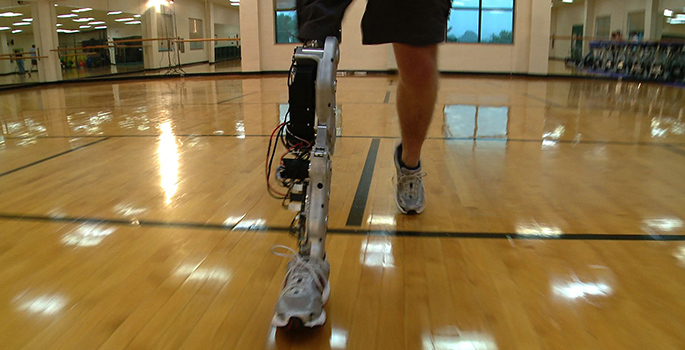
Prosthetic limb advances could help victims of the Boston Marathon bombings
Within the next one to three years, "bionic" prosthetic devices will become available for the people whose limbs were amputated in the Boston Marathon bombing that are substantially smarter, more capable, more active and more interactive than those currently on the market. Read MoreApr 19, 2013
-

Telerobotic system designed to treat bladder cancer
An interdisciplinary collaboration of engineers and doctors at Vanderbilt and Columbia Universities has designed a robotic microsurgery system specifically designed to treat bladder cancer, the sixth most common form of cancer in the U.S. and the most expensive to treat. Read MoreApr 2, 2013
-
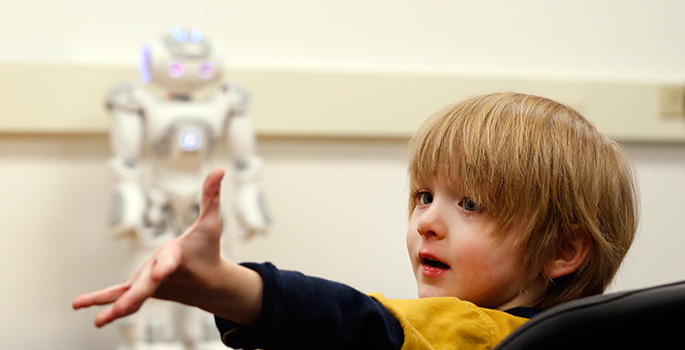
Humanoid robot helps train children with autism
An interdisciplinary team of mechanical engineers and autism experts at Vanderbilt University have developed an adaptive robotic system and used it to demonstrate that humanoid robots can be powerful tools for enhancing the basic social learning skills of children with autism. Read MoreMar 23, 2013
-
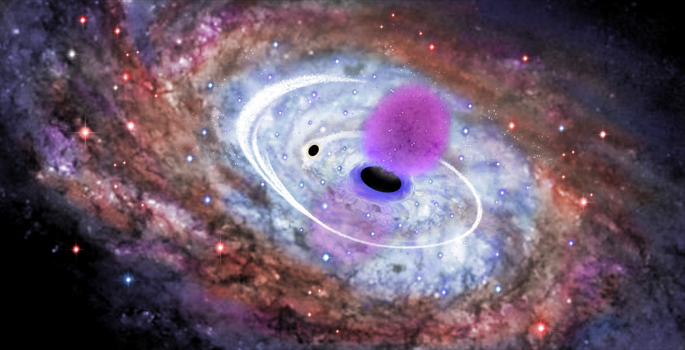
CSI: Milky Way
Two astronomers from Vanderbilt and Georgia Tech, sharing a car after a snowstorm canceled their flights home from a conference, put together everything they had learned at the conference during that snowy drive and worked out that a collision between two black holes could explain most of what is known of a violent episode in the Milky Way's past. Read MoreMar 6, 2013
-

Circadian clock linked to obesity, diabetes and heart attacks
Disruption in the body’s circadian rhythm can lead not only to obesity, but can also increase the risk of diabetes and heart disease. That is the conclusion of the first study to show definitively that insulin activity is controlled by the body’s circadian biological clock. Read MoreFeb 21, 2013
-

‘Snooze button’ on biological clocks improves cell adaptability
(iStock) The circadian clocks that control and influence dozens of basic biological processes have an unexpected “snooze button” that helps cells adapt to changes in their environment. A study by Vanderbilt University researchers published online Feb. 17 by the journal Nature provides compelling new evidence that at least some species… Read MoreFeb 17, 2013
-
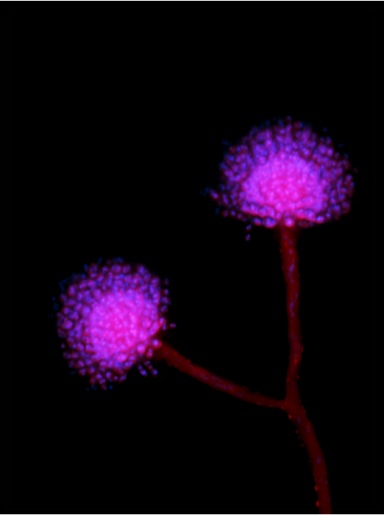
What beer, dogs, cats and soy sauce have in common: The movie
A new video report of research by Antonis Rokas and John Gibbons describes how humans domesticated microbes like yeast just as we domesticated cats and dogs. Read MoreFeb 5, 2013
-

Evidence moles can smell in stereo
Neuroscientist Kenneth Catania has resolved a long-standing scientific debate by showing that the common mole can smell in stereo. Read MoreFeb 5, 2013
-
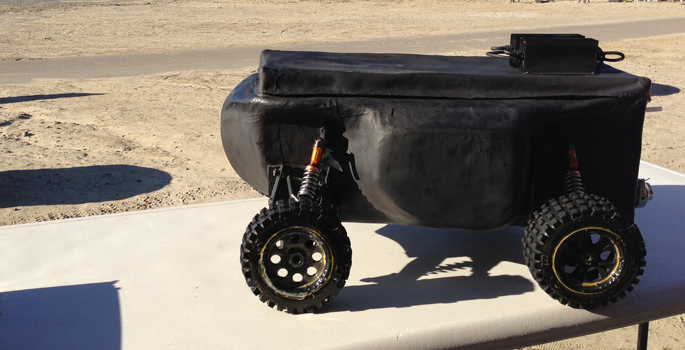
Vanderbilt student team competes in amphibious vehicle race
A team of engineering undergraduates designed and built a one-fifth-scale model of an amphibious vehicle that competed successfully in a national competition sponsored by the Defense Advanced Research Project Agency held in mid-January. Read MoreJan 31, 2013